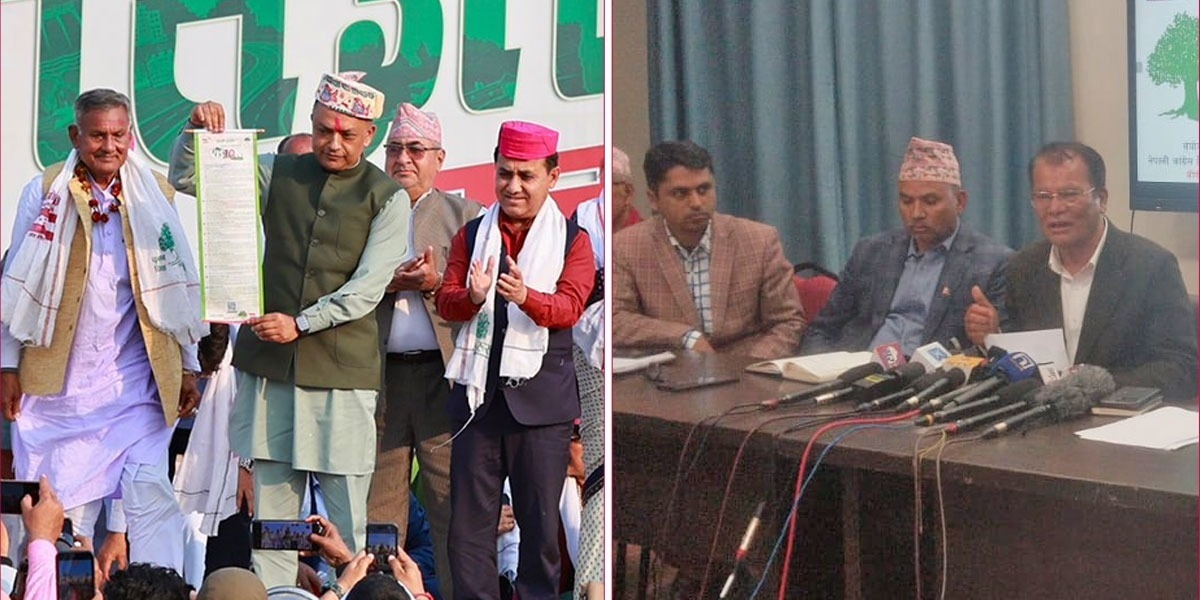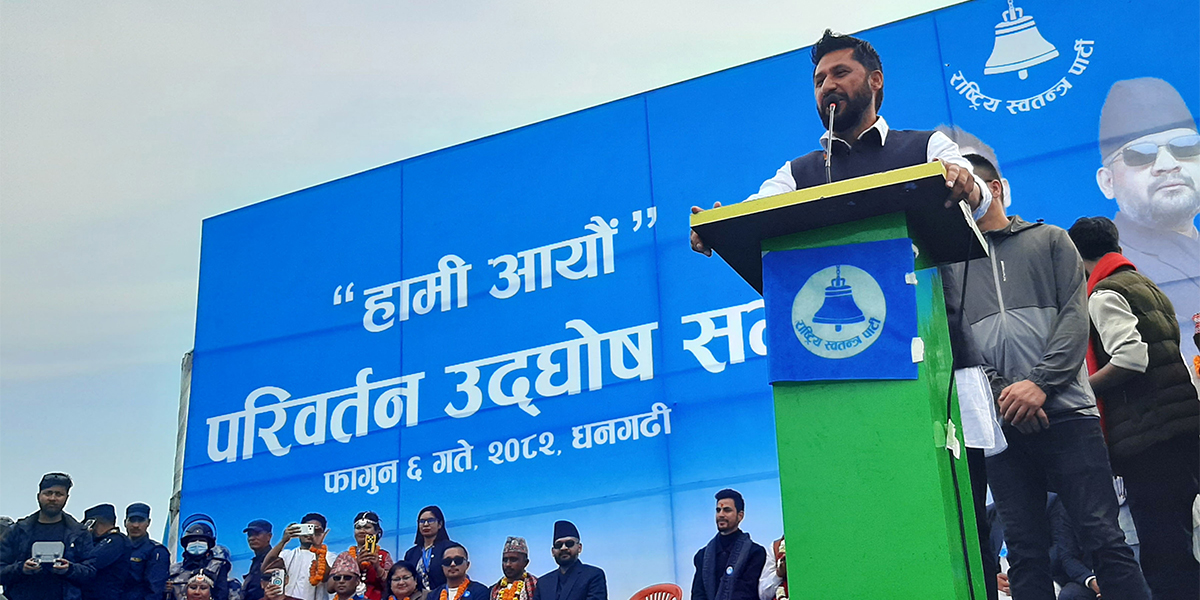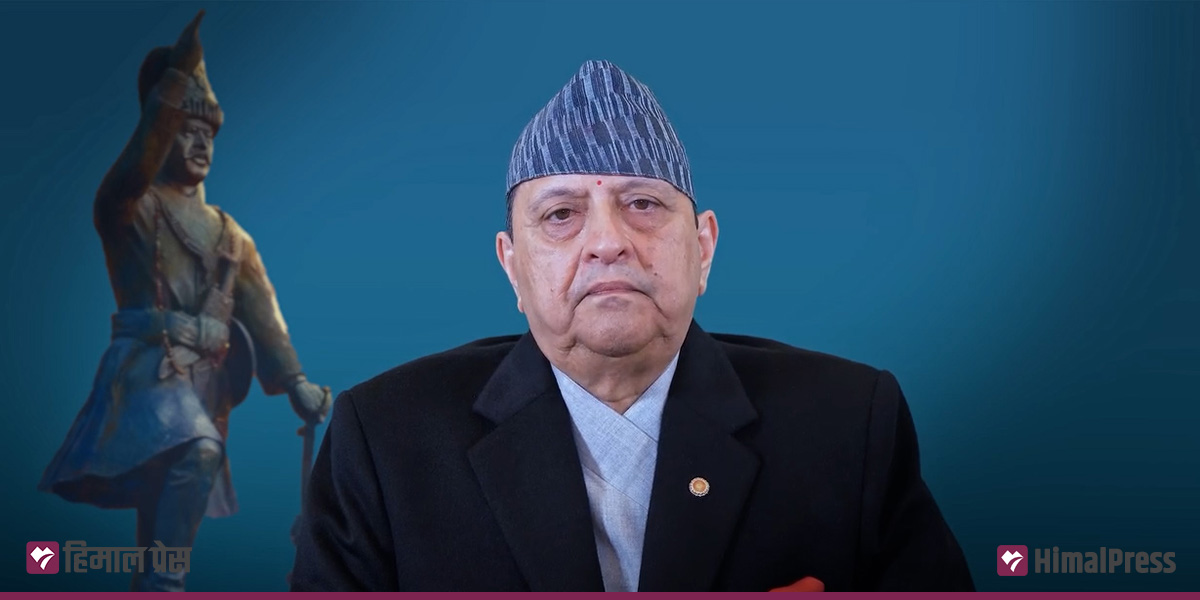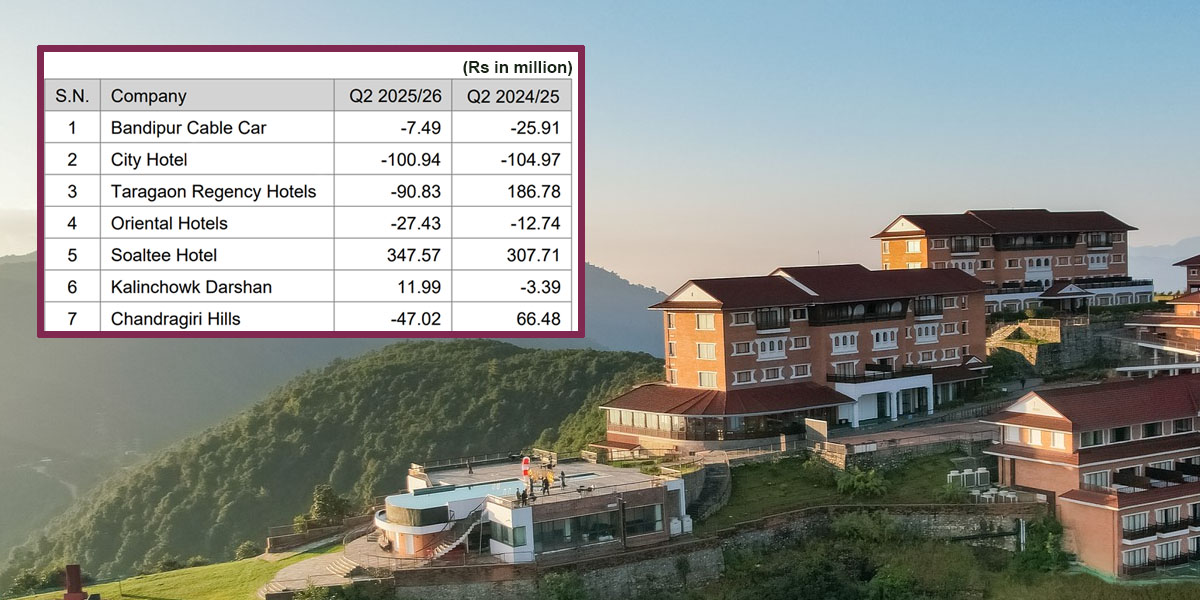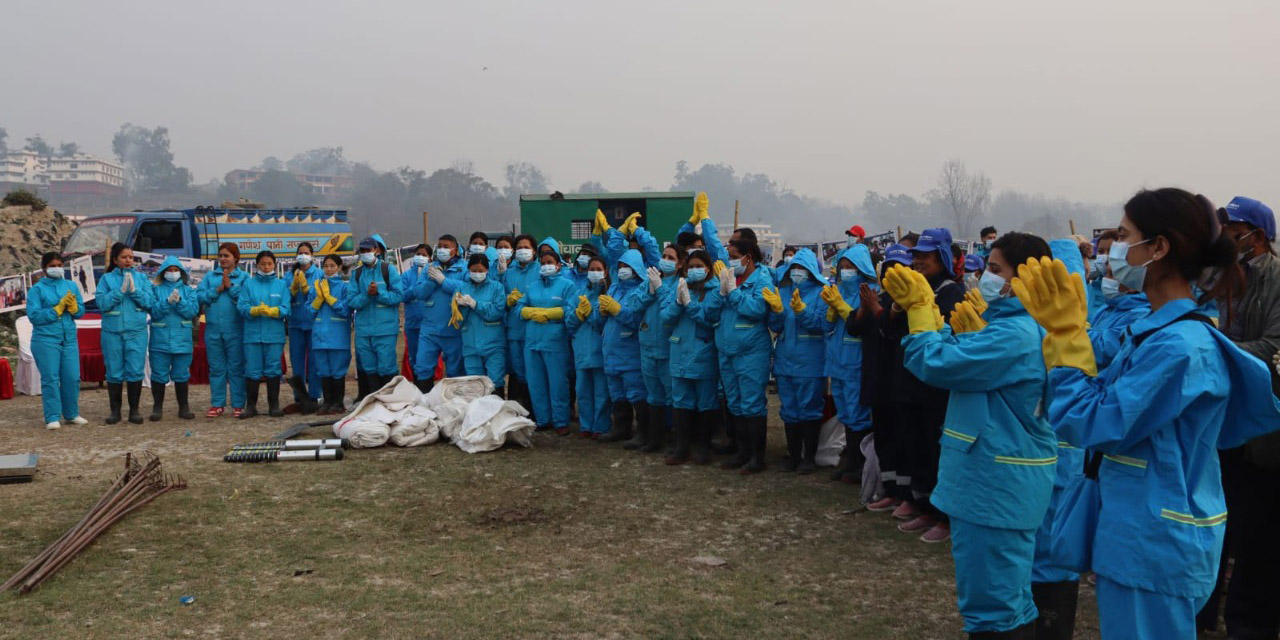
KATHMANDU: A total of 143.55 tons of waste has been collected from various rivers in the Kathmandu Valley through 16 river cleanup campaigns organized in partnership with People in Need and CLEAN UP NEPAL.
Around 100 dedicated volunteers, along with hundreds of community members, Nepal Police personnel, and students from different educational institutions, participated in the initiative, according to a statement issued by CLEAN UP NEPAL.
The cleanup drives were conducted under the RIVER+ project with the funding of the Plastic Free Rivers and Seas for South Asia (PLEASE) project. The project is implemented by the South Asia Co-operative Environment Programme (SACEP) with support from the World Bank and implementation support from UNOPS.
“The RIVER+ project focuses on creating a sustainable value chain for the collection and recycling of low-grade plastics and used beverage cartons (UBCs),” the statement added.
The initiative targeted the Bagmati, Bishnumati and Manohara rivers, which are severely affected by plastic pollution. The project aims to establish a complete value chain for waste collection and recycling, with a strong emphasis on engaging vulnerable communities, including informal waste workers and migrant laborers, particularly women and youth.
“We train informal waste workers and collect low-grade plastics from households, industries, rivers, streets, and landfill sites. These collected UBCs and low-grade plastics are transformed into plastic composite boards at a zero-emission recycling facility recently established at the Special Economic Zone (SEZ) in Simara,” said Maarten Nijhof, CEO of Biocomp Nepal, a social enterprise working on waste management. “The produced plastic composite boards can be recycled again at the end of their life cycle.”
Since February 2024, the campaigns have focused on clearing waste from river corridors. A wide range of materials—including plastics, glass, textiles, and other debris—were collected, while 80 tons of low-grade plastic waste was recovered by Biocomp Nepal for recycling into composite boards and furniture.
The initiative also aimed to raise awareness about maintaining clean and healthy river ecosystems. “Door-to-door awareness campaigns were conducted to educate citizens on the impacts of plastic pollution and encourage sustainable waste management practices,” the statement noted.
A key focus of these cleanups has been the collection and recovery of low-grade multi-layer plastics, which are difficult to recycle through conventional methods.
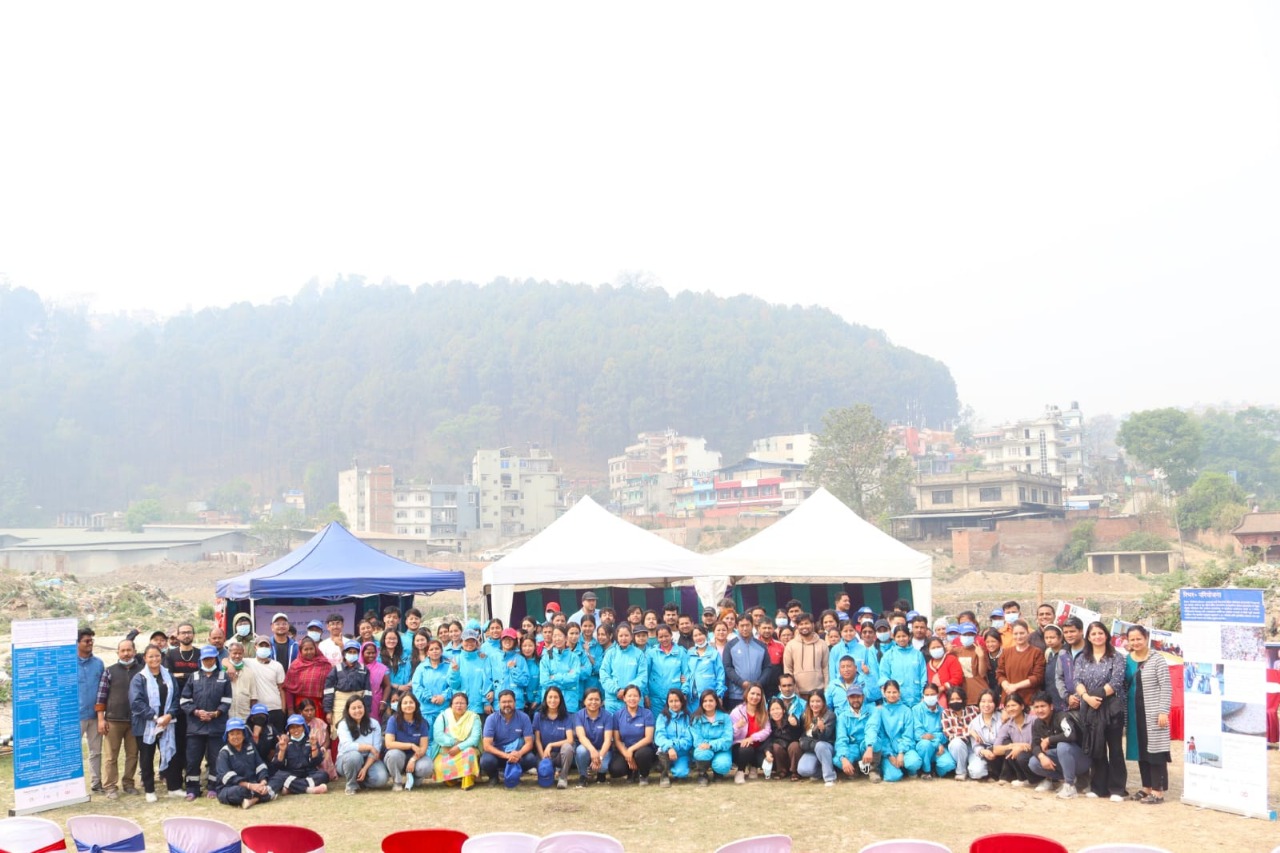

 Himal Press
Himal Press 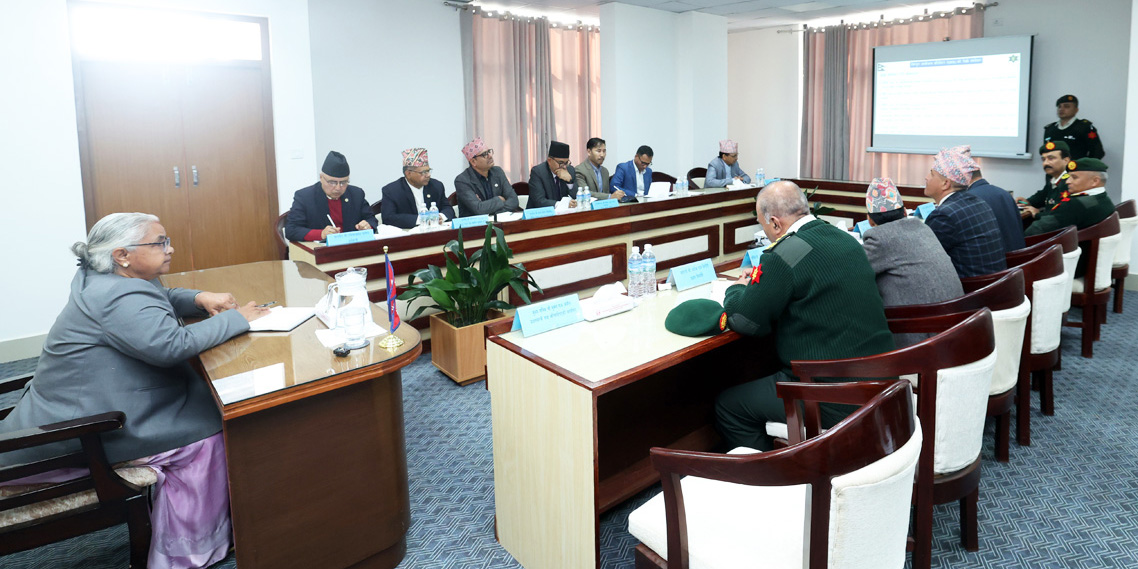
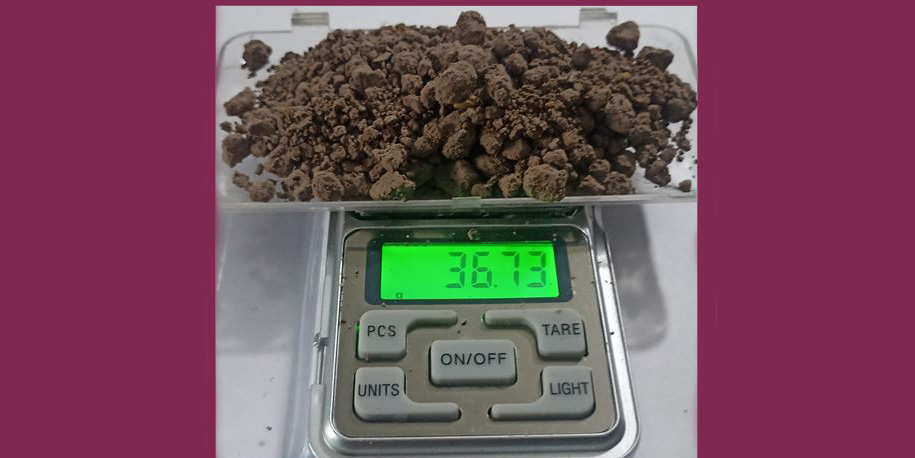
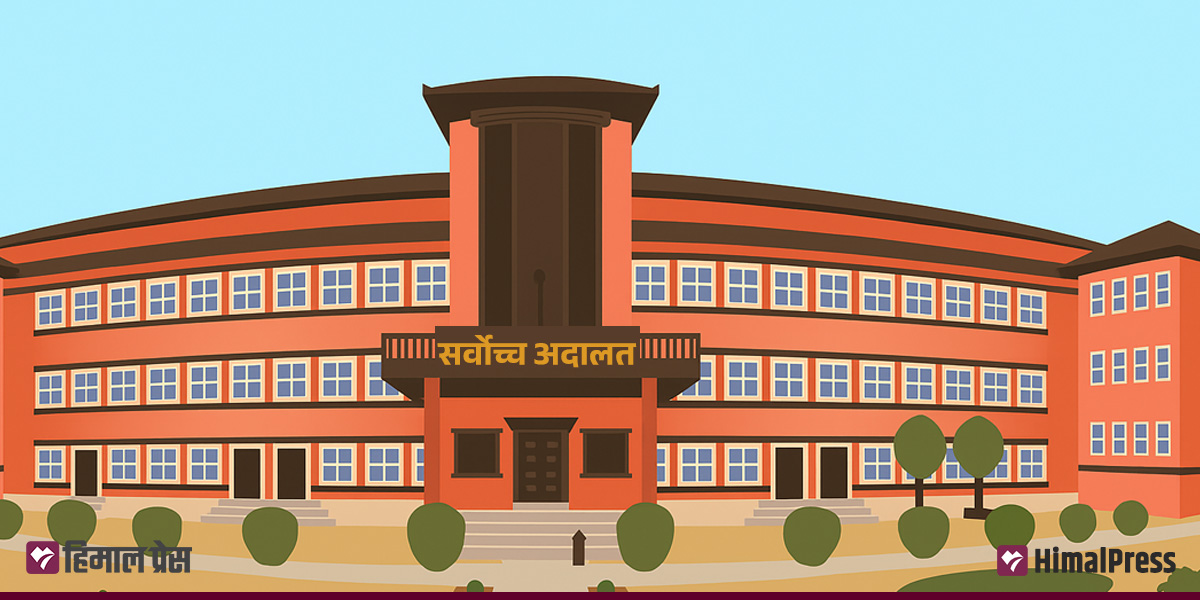
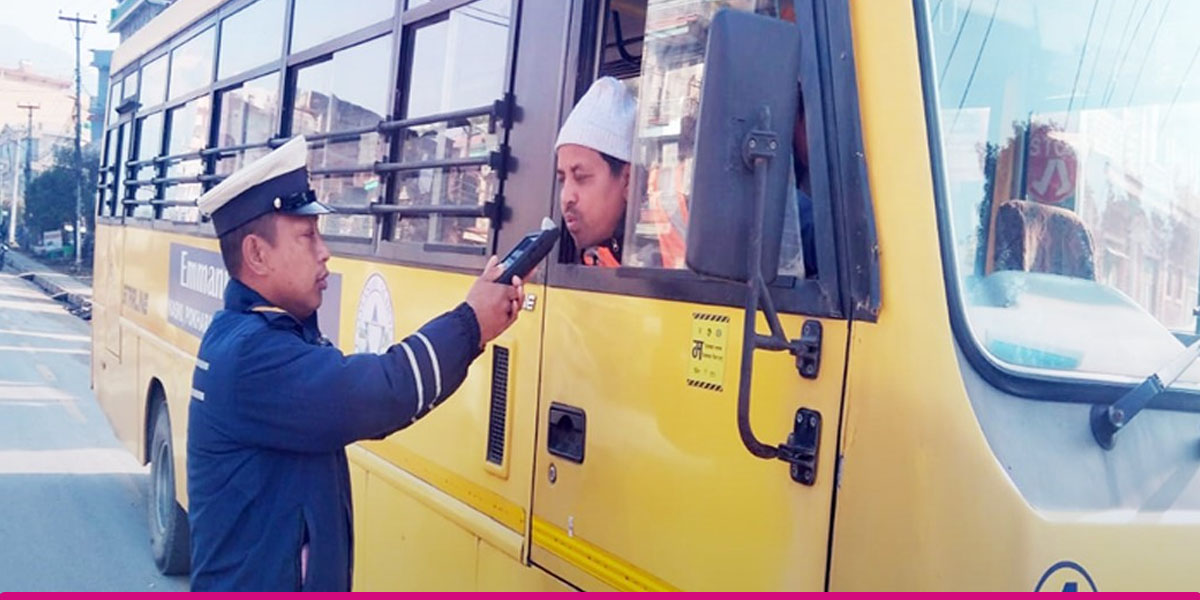
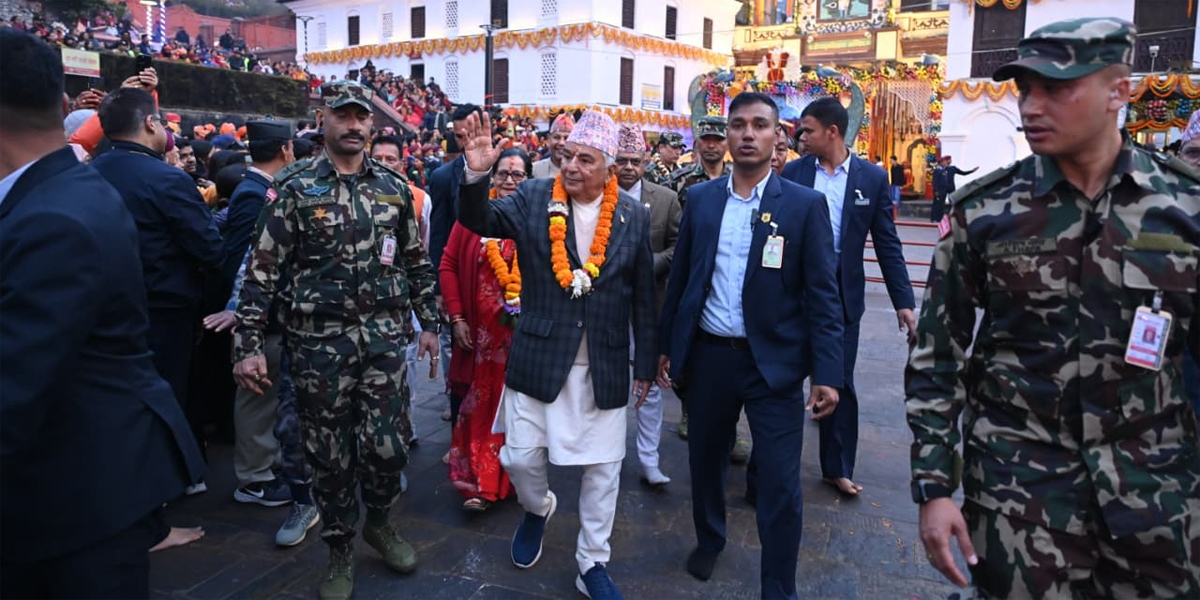
![Maha Shivaratri being celebrated across the country [With Pictures]](https://en.himalpress.com/wp-content/uploads/2026/02/HRB_KTMImage2026-02-15at7.37.40AM1.jpg)
